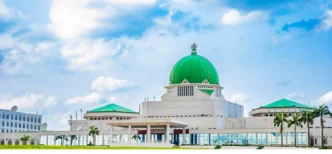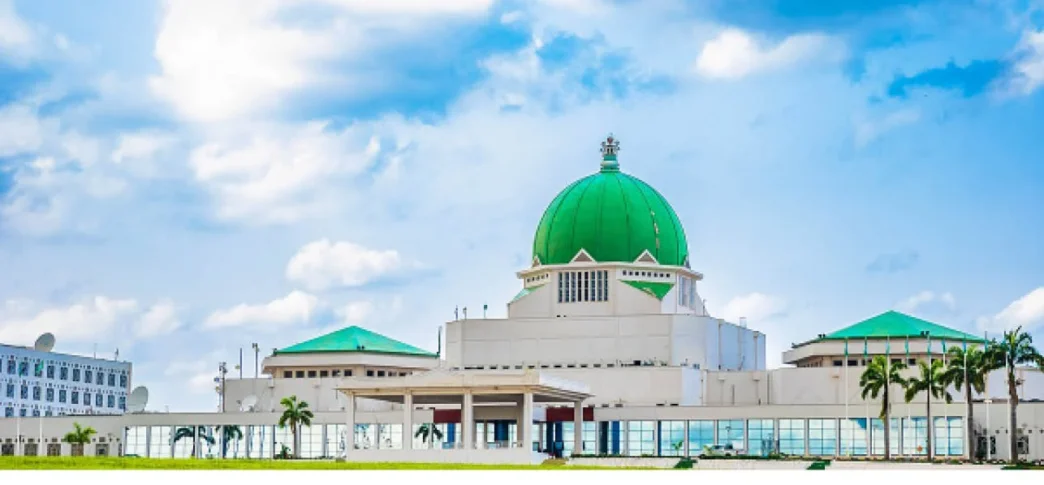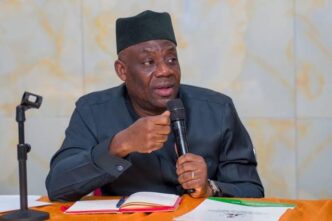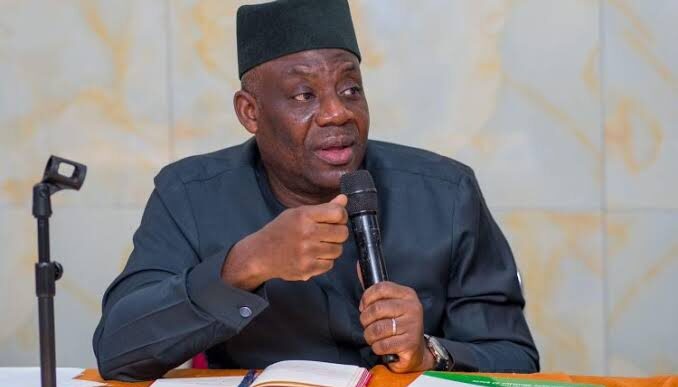Nigeria’s next general elections could take place six months earlier than expected, as the National Assembly has proposed moving the polls to November 2026.
The shift, which forms part of the new Electoral Act (Amendment) Bill 2025, was unveiled on Monday during a joint public hearing by the Senate and House Committees on Electoral Matters in Abuja.
The proposed bill aims to repeal the Electoral Act 2022 and replace it with a reformed version designed to improve credibility, reduce post-election disputes, and modernize the nation’s voting process.
Lawmakers, civil society groups, and other key stakeholders were present during the hearing.
According to the draft document, “Elections into the office of the President and Governor of a State shall be held not later than 185 days before the expiration of the term of office of the last holder of the office.”
This clause, lawmakers explained, is intended to ensure that all election petitions are concluded before the May 29, 2027, handover date.
“The above provisions are to ensure that all litigations are concluded before swearing in,” the document noted.
However, not all legislators agreed that the change of date would be a complete solution.
Some warned that unless the judiciary is adequately strengthened, election disputes could still linger.
“In a situation where a rerun is ordered by the Supreme Court at the end of 185 days, can we have a vacancy in the office of the President?” the joint committee queried during deliberations.

If the proposal is approved, Nigeria’s presidential and governorship elections will be held in November 2026 nearly six months before the current administration’s tenure officially ends.
In addition to the election date adjustment, the amendment bill introduces major electoral reforms.
These include inmate voting rights, early diaspora voting, the use of the National Identification Number (NIN) for voter registration, and the mandatory electronic transmission of results.
Furthermore, the bill seeks to make the Permanent Voter Card (PVC) non-compulsory, noting that the Bimodal Voter Accreditation System (BVAS) does not rely on its microchip.
Every registered voter would instead be able to “download and print” their voter card digitally when required.
Lawmakers say this reform will help reduce voter card buying and improve digital verification.
Moreover, political parties will now be required to submit their final list of candidates at least 210 days before elections
Only candidates emerging from valid primaries will be recognized by the Independent National Electoral Commission (INEC).
The bill also grants the Federal High Court in Abuja, or the court in the area where a cause of action occurred, exclusive jurisdiction over pre-election cases.
This change is expected to streamline the handling of election-related matters and prevent conflicting judgments.
Meanwhile, the National Assembly has also proposed amending the 1999 Constitution to transfer the power to set election dates from the Constitution to the Electoral Act.
Lawmakers argue that this will give INEC and the legislature more flexibility to adjust timelines without undergoing lengthy constitutional amendment procedures.













